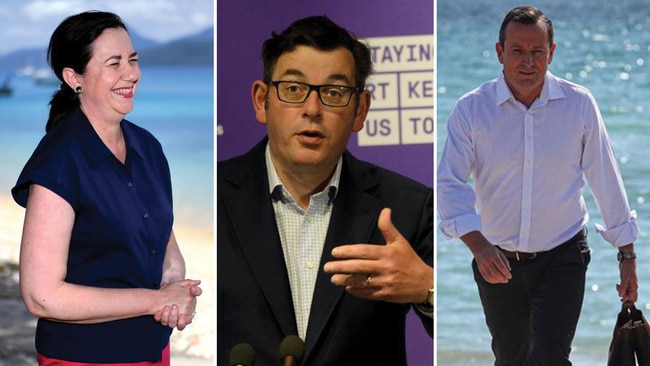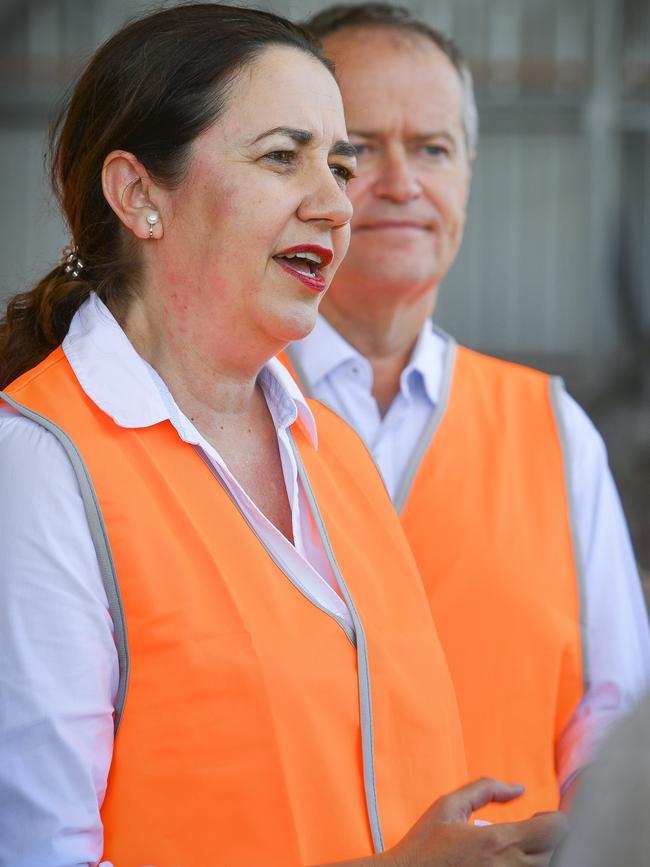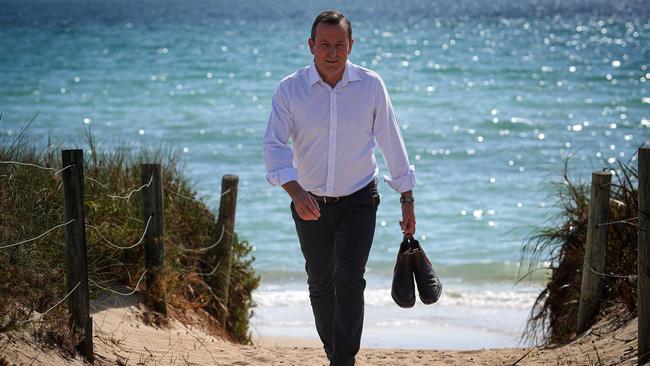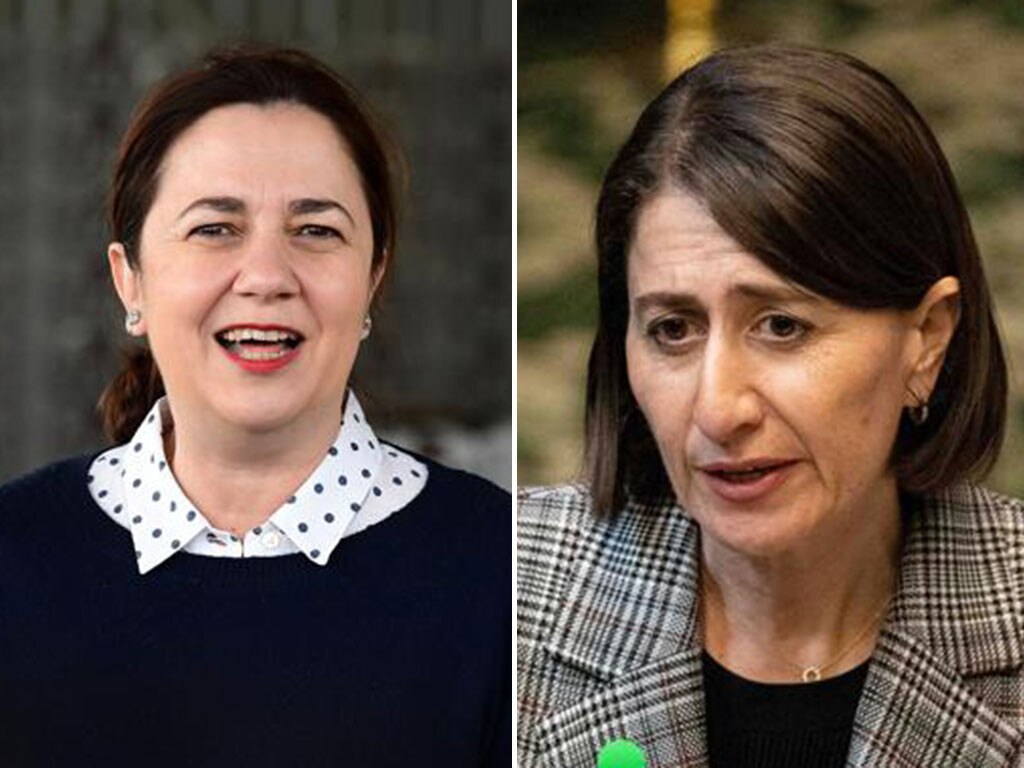
Let me take you back to 2009 and a G20 leaders’ summit. Barack Obama introduced the world’s most popular politician. At the time Kevin Rudd’s popularity was in the low 70s, and I have a vision of him rising to his feet only to slump back in his chair a disappointed man.
The world’s most popular politician at the time wasn’t our man but Brazilian President Luiz Inacio Lula da Silva known as Lula to his mates and his adoring fans. In the latter part of 2008, Lula had an approval rating of 81 per cent.
If anyone wanted to mull the transience of popularity in the political sphere, one need only consider that in November last year, Lula was languishing in prison for receiving a fair stack of bribe money. It must be said the trial smacked of a political set up and when Lula emerged from the slammer to the tune of the Rocky music, he was probably still more popular than Kevin Rudd is today.
Populism has found its way into our own politics almost inadvertently with the arrival of the COVID-19 pandemic. People are consuming more news and current affairs and this coincides with state premiers holding press conferences on a daily basis.
Many people have feasted on media appearances of their premiers in a way they almost certainly would not in almost any other circumstance. In the initial stages at least, it’s been a boon for the approval ratings of the premiers across the country.
The big question is, will these staggeringly high popularity ratings among state premiers driven by their Covid responses translate to electoral support?
Popular premiers
We’re about to have that question answered at least in part when Annastacia Palaszczuk with an approval rating in the low 70s, takes Queensland Labor to the polls on Saturday week. At the start of the campaign, Palaszczuk and Labor led Deb Frecklington’s LNP 58-to 42.

The polls may be tightening, and it may be a close-run thing. If Labor does regain majority government, it would be difficult to conclude much about the electoral impact of Covid management as Frecklington seems to have more enemies within her party than outside it.
Dan Andrews who has had 800 people die on his watch as a result of quarantine breaches and the awful failures of contact tracing in Victoria, had a popularity rating of 62 per cent as of a month ago. An Essential Poll earlier this week still has his approval rating in the positive at 54 per cent.
In South Australia, Liberal Premier Steven Marshall was neck and neck with his Labor opponent, Peter Mr Malinauskas, until the Covid surge took Marshall well out in front, 54-26 as SA’s preferred premier. The Liberals lead in the polls 53-47 2PP. But like Victorians, South Australians won’t head to the polls for another two years.
The real test of personal popularity as a guide to electoral success lies west of the border. Western Australians go to the polls on March 13, 2021.
Magic Mark
The WA Premier, Mark McGowan, the Lula of the West had an approval rating of 82 per cent back in April and I can’t see how that could have changed much since then. Little more than a month ago, the Saturday edition of the West Australian had on its front page a cartoon image of McGowan sporting some WA paraphernalia and declared the premier was the President of Westralia.
The mutter of secession from the West has ratcheted up a notch in recent times.
It’s all good fun until someone walks away with an iron ore rich state and caves cravenly to the Chinese.
It will never happen of course, but it sustains Western Australians, gives them something to fantasise about and that cannot be a bad thing.
McGowan is so popular that few dare to take him on in the public sphere. Prime Minister Scott Morrison announced he was driving the bus towards open state borders and urged state premiers to climb on board. McGowan told him to go jump in the lake and in metaphorical terms at least, Morrison got wet.

McGowan already has a thumping majority in WA’s lower house, holding a two to one difference on the floor over the Liberals and the Nationals who aren’t in formal coalition.
This comes as a result of the smashing handed out to the Barnett Government in 2017.
It was an historic victory for McGowan’s Labor, shattering records including the largest swing it had enjoyed in the state and the largest shift of seats in their direction.
With a landslide victory in 2017, the normal expectation would be of a decreased Labor majority in the lower house after the next election but polling shows massive swings Labor’s way and the prospect of the Liberals who currently have a cricket team with a coach and a scorer, battling to get a four together for a game of Bridge in six months.
If the polling is in any way accurate, the Liberals may return to a WA parliament with less seats than the Nationals.
Ouch.
When the hip pocket hits
But that’s as it is now. And political fortunes that have risen with the pandemic are bound to fall when the economic impact of the pandemic with its associated border closures, lockdowns and mandated social distancing measures is felt hard in the Australian community.
In these unusual times, the rule of thumb is that the quicker a leader goes to the polls the better chance he or she will have of victory because the real bite, the real kick in the guts, when governments are likely to become deeply unpopular, is yet to be felt.
There is a use by date for political leaders in this country. It’s hard to make it out but any political leader that goes to the people next year or beyond stands a decent chance of getting an abrupt lesson on the limits of populism.








The rule of populist political leaders is they are forces to be reckoned with until they cease to be popular. Then they’ve got nothing going for them.